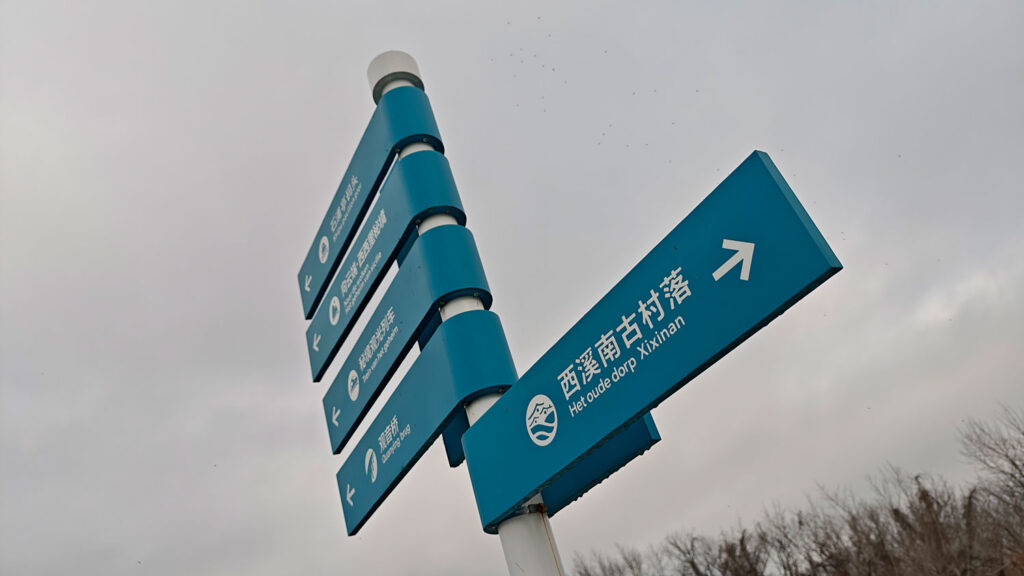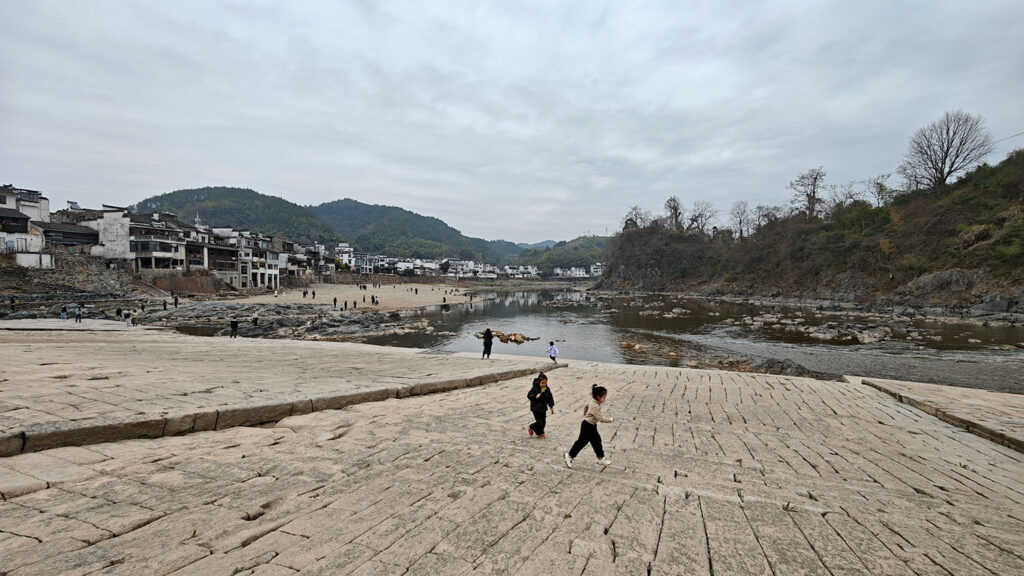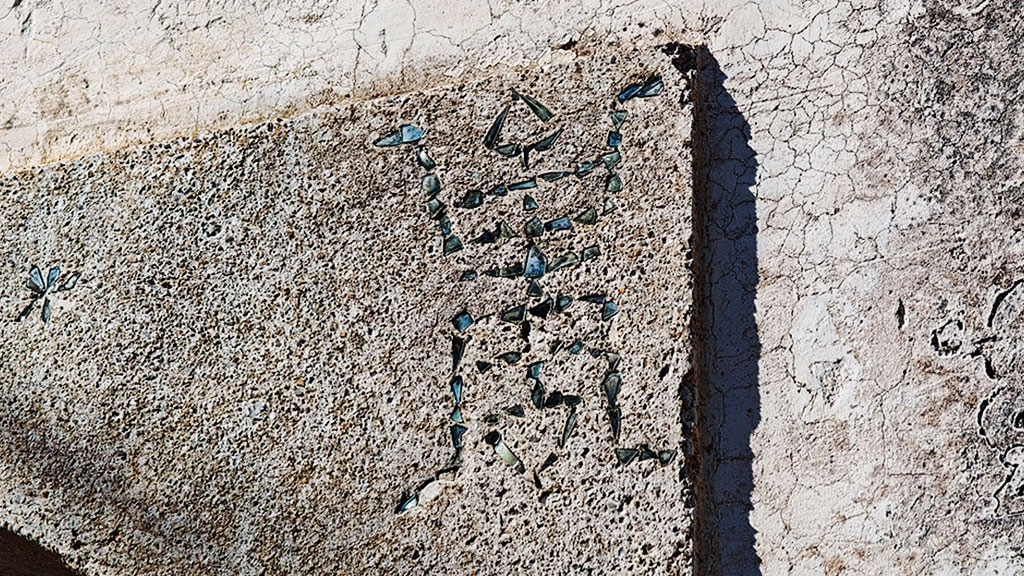“How many moves ahead do you think?”, a journalist once asked legendary chess player Garry Kasparov. Many in the room thought he’d come up with a ridiculously high number, which would make us all understand what made Kasparov such a great chess player, yet Kasparov simply replied: “There is no answer”, and continued: “The main thing in chess is not how many moves ahead you can think, but how you analyse the current situation.”
Applying the same strategy to life, let’s think about how often — instead of objectively assessing what’s happening to us now — we try to count and map moves forward: a fixed plan in a game of variables. Like chess, life doesn’t work that way.
Once we stop looking ahead and examine the moment, new opportunities arise, and difficult decisions become obvious. Anyone who doesn’t know what to do next, only doesn’t know what is happening right now.



